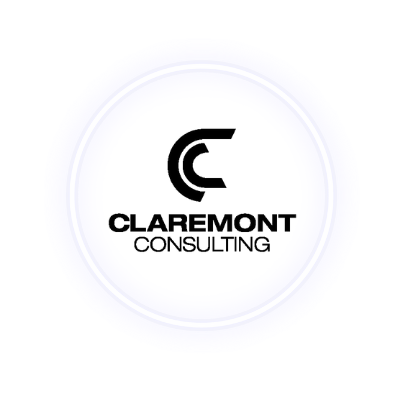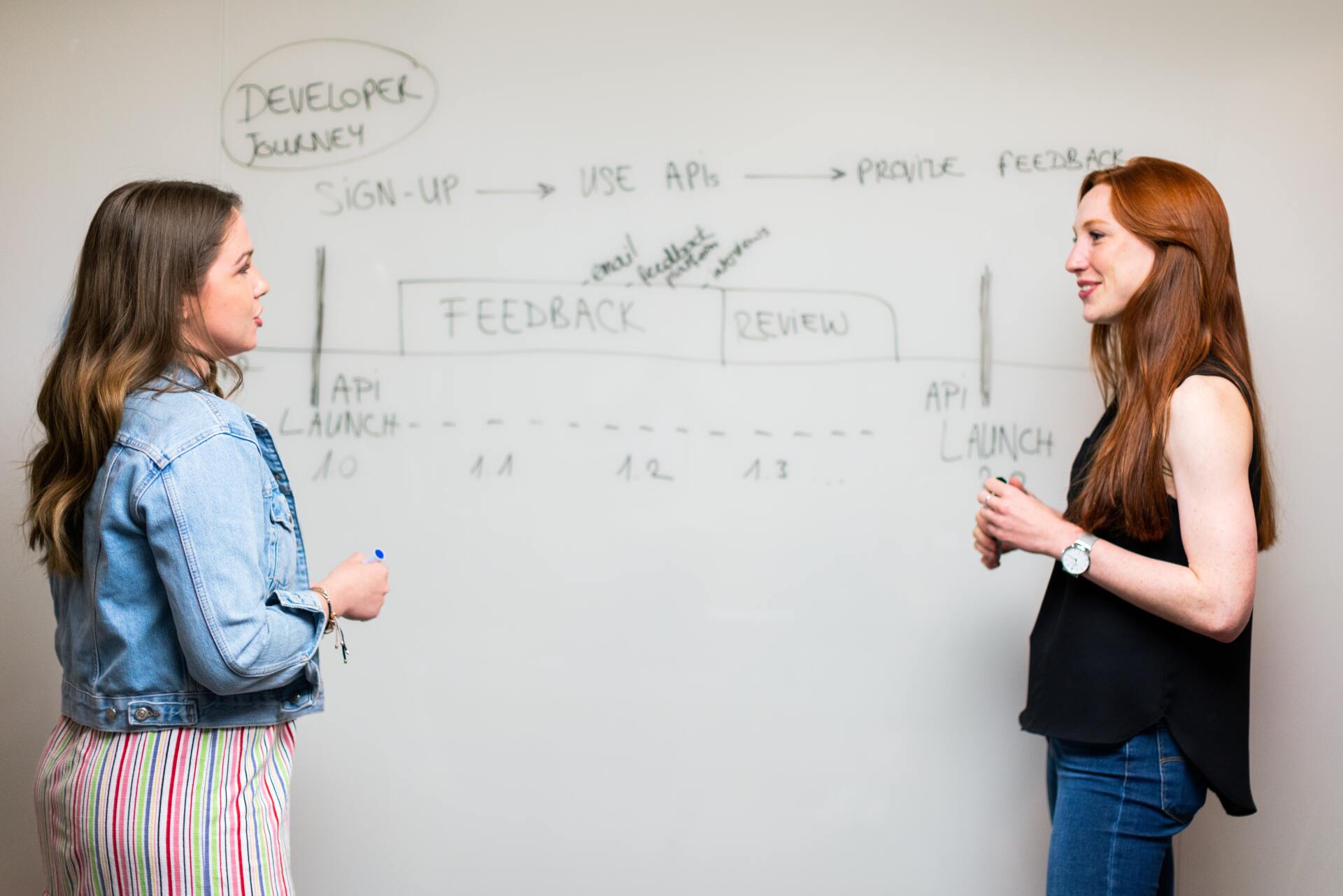Product Developers
What is a Product Developer?
An IT product developer is a professional who designs, develops, and maintains software applications or systems for businesses and organisations. They work in the field of information technology and have specialised skills in programming languages, software development methodologies, and system architecture.
Duties and Responsibilities:
As a Product Developer, your duties and responsibilities will vary depending on the specific role and project you are working on. However, some common tasks and responsibilities may include:
- Developing software: The primary responsibility of an IT product developer is to develop software products. This may involve coding, testing, debugging, and deploying software applications.
- Collaborating with other team members: IT product developers often work in teams, collaborating with designers, product managers, and other developers to create products that meet user needs.
- Analysing user requirements: IT product developers must understand user requirements and design software that meets those needs. This may involve conducting user research, gathering feedback, and analysing data.
- Maintaining and updating software: Once a software product is deployed, IT product developers are responsible for maintaining and updating it to ensure that it continues to meet user needs and operates smoothly.
- Troubleshooting issues: IT product developers must be able to identify and troubleshoot issues that arise with software products. This may involve working with other team members to resolve problems and implement solutions.
- Staying up-to-date with technology trends: IT product developers must stay up-to-date with the latest technology trends and best practices to ensure that their products are competitive and effective.
Product Developer Jobs
How to become a Product Developer
As a Product Developer, there are several skills and qualifications that are essential to succeed in this role. These may include:
- Strong programming skills: A deep understanding of programming languages like Java, C++, Python, Ruby, and JavaScript is a must for a product developer.
- Knowledge of software development tools and methodologies: Experience with software development methodologies like Agile or Scrum, and knowledge of tools like Jira, GitHub, and continuous integration/continuous delivery (CI/CD) pipelines is essential.
- Familiarity with databases: An understanding of databases like MySQL, Oracle, and MongoDB, and experience with Structured Query Language (SQL) is critical.
- Familiarity with cloud computing and infrastructure: As most products are deployed on cloud infrastructure, familiarity with cloud platforms like AWS, Azure, and Google Cloud is necessary.
- Creativity and problem-solving skills: IT product developers should be able to come up with creative solutions to complex problems, and be able to work under pressure.
- Relevant education: A degree in computer science, software engineering, or a related field is typically required for an IT product developer role. However, equivalent experience or certifications can also be considered.
Product Developer Salary Expectations
According to Indeed Salaries, The average salary for a product developer is £41,766 per year. This salary can increase to £56,642 per year if you work in London. It's important to note that salaries can vary according to the company's size and your acquired experience.
View our
Tech Salary Guides
broken down per location for more information.

Product Developer Experience Requirements
Experience requirements for Product Developers can vary depending on the specific role and company. However, here are some general experience requirements that are commonly sought after by employers:
- Education: A degree in computer science, software engineering, or a related field can provide a solid foundation in programming principles and software development methodologies.
- Technical Skills: As an IT product developer, you need to have proficiency in at least one programming language (e.g. Java, Python, C++), database management, software design patterns, and version control systems like Git.
- Experience: Having experience in software development, particularly in building products from scratch, is valuable. Experience in agile development methodologies, such as Scrum and Kanban, is also an asset.
- Soft Skills: IT product developers also need to have strong communication skills to work with cross-functional teams and stakeholders, as well as problem-solving skills to troubleshoot technical issues.
- Continuous Learning:
The tech industry is constantly evolving, and staying up to date with the latest trends and technologies is crucial for success.
Product Developer Interview Questions
- How do you approach the product development process from ideation to launch?
- How do you ensure that the product you develop meets the needs and expectations of the target audience?
- Can you walk me through a particularly challenging project you've worked on as a product developer, and how you overcame any obstacles?
- How do you stay up-to-date with emerging technologies and trends in your field?
- How do you prioritise features and requirements for a product, and what criteria do you use to make these decisions?
- Can you describe your experience with user research and how you use it to inform your product development decisions?
- Have you ever had to pivot a product strategy mid-development? If so, how did you handle it?
- How do you collaborate with cross-functional teams such as designers, engineers, and marketers to ensure a successful product launch?
- What steps do you take to ensure that the product is scalable and can handle growth over time?
- Can you give an example of a successful product you have developed in the past and the key factors that contributed to its success?
For more information and advice on interviewing check out our blogs below:
How to succeed in a Technical Interview
How to prepare for your interview






